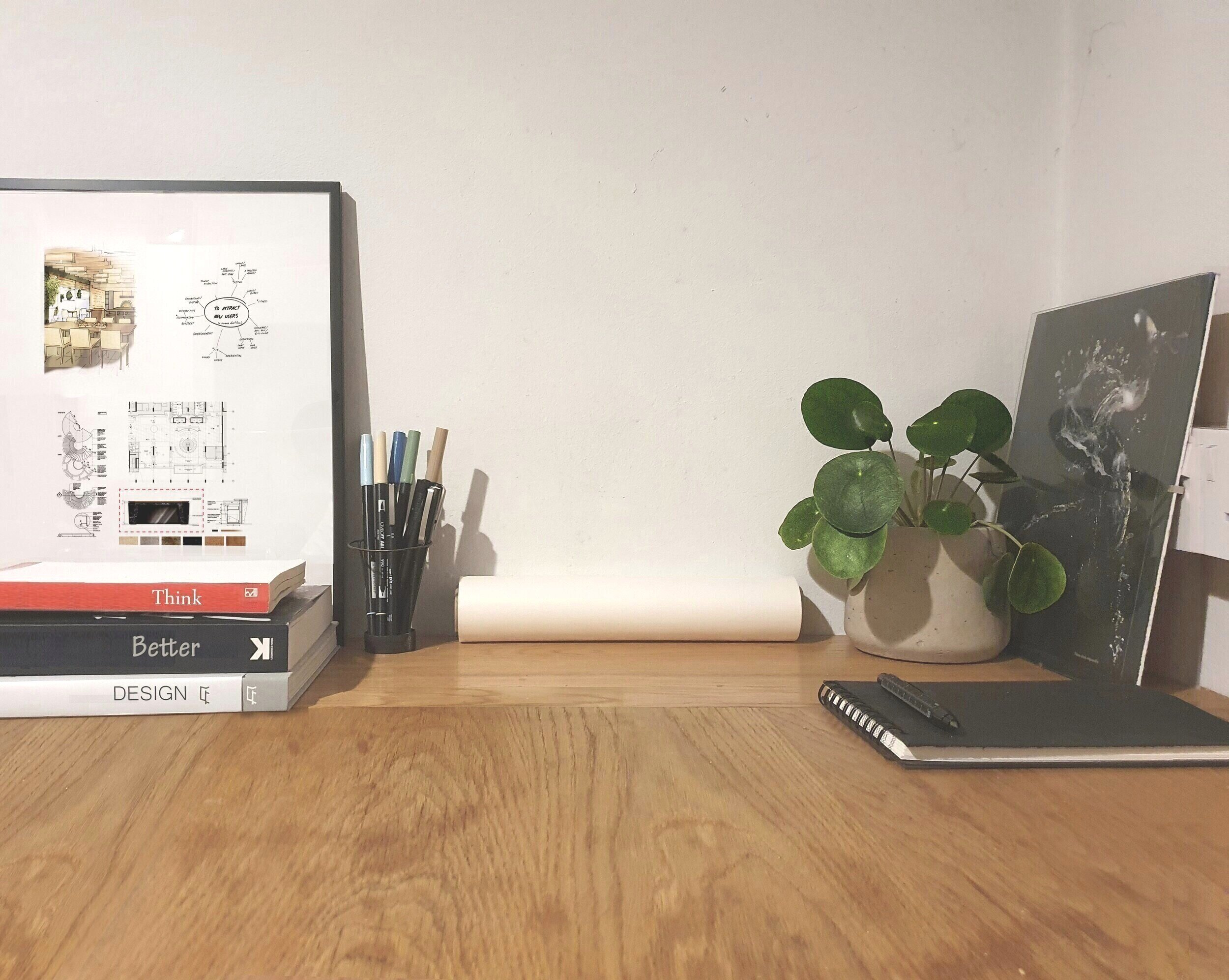
To Be Determined, Designed, Developed
It’s important to be comfortable ‘not knowing’ what the outcome will be at the start of a project. Only then can we find new ways of thinking and build new experiences.
By considering interior design from many angles and asking questions we can create the right environments for people to use, own or even just walk past and enjoy.
I’ve created interior designs and product designs for hotels, restaurants, shops, homes, stadia, airports and other spaces for almost two decades. All of them evolved from conversations and collaborations with colleagues, consultants, operators and clients and below you can read about the ideas we shared.
Design - The verb
The ideas behind the designs.
See what it’s like to work with me as I ask myself and the design team ‘What are the big questions that need answering?’ ‘What is the best way to approach this?’ ‘How can we challenge the brief and our own preconceptions to find new ideas?’
Finding the needs, challenges, aspirations, quirks and opportunities for each project comes first.
It’s often the result of many creatives inspiring each other or contributing thoughts and evolving ideas.
Creating a concept
This project started with a blank page.
Restaurant or cafe design often begins with a menu concept and/or an identity and maybe some images from the owner, chef or operator and then we start discussing and generating concept ideas. This cafe had none of those. This is how we created an original concept from scratch.
Questioning the brief
Brief: Test how a hotel could fit in an existing train station building. (Quick and simple). We decided to look beyond spatial analysis and asked what type of hotel would benefit the area and connect with the people? This led to an idea that bonds hospitality and travel - The creation of multiple hospitality venues up and down the country which could employ 1,000s of people instead of 100s.
Balancing large scale with intimacy
Large spaces can be awe inspiring but they can also lack a human touch, a feeling of warmth, comfort and connection. Different strategies and design techniques can make people feel at home in these spaces, like in this adapted Kenzo Tange building.
Understanding values and behaviour
Never has it been more important to know your guest. We were asked to create a hotel design for a niche group of guests who are curious, experimental and irrevocably collaborative. Within half an hour of discussing their individual values, likes and dislikes we identified our first crucial challenge - They wouldn’t stay in a hotel.
If we wanted to attract them we needed to reinvent what it means to be a hotel.
Adopting the users values
This project was designed for a group with strong ethics about positively impacting the world and connecting with new people. In order to follow their values so we used sustainable, local or craft companies and more importantly, we adapted the way we designed.
The authentic way to design this was to be extremely collaborative and inclusive, to invite many contributors and encourage input until the last second. If it wasn’t collaborative and ethical it wouldn’t resonate with our guests.
Using local inspiration
Not all projects are deep and meaningful. This central London hotel just needed a soft refurbishment for their guestrooms. After discussing potential themes we chose British fashion design because we wanted to show a different way guests could engage with the city and the designers.
Many of these ideas progressed to be built spaces but a couple of them remain conceptual or schematic designs only.
Image Credits: 1. Wish.com, 2. Dezeen.com, 3. FanHo-ForgetMeNot.com 4. Gensler, 5. Gensler, 6. Modesens.com
Design - The noun
Completed designs
A chance to look at some completed interiors and products from my portfolio. As we hand the built designs over to the client and the users we see how the spaces feel, what we could improve, how it works, how people use the space, how they react to it. These vary in style because they each have a unique context and needs.
Image Credits: Yauatcha.com, David Edward, arabiaweddings.com











